Summaries of books about Politics & Social Sciences:

The Incest Diary
Anonymous
The book is a memoir that recounts the author's harrowing experiences of being sexually abused by her father from a young age into adulthood. It delves into the psychological and emotional impact of the abuse, exploring themes of trauma, secrecy, and the complex feelings of the survivor.
See full summary
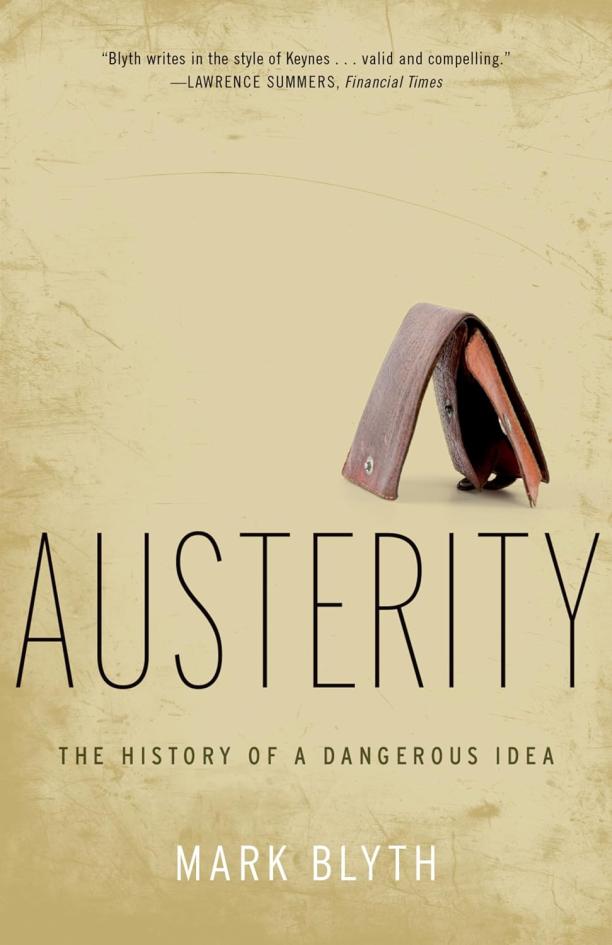
Austerity
The History of a Dangerous Idea
Mark Blyth
The book critically examines the global application of austerity policies following the 2008 financial crisis, arguing that such measures are economically counterproductive and exacerbate social inequality. It delves into the historical and theoretical underpinnings of austerity, debunking the idea that cutting public spending is the solution to economic downturns.
See full summary
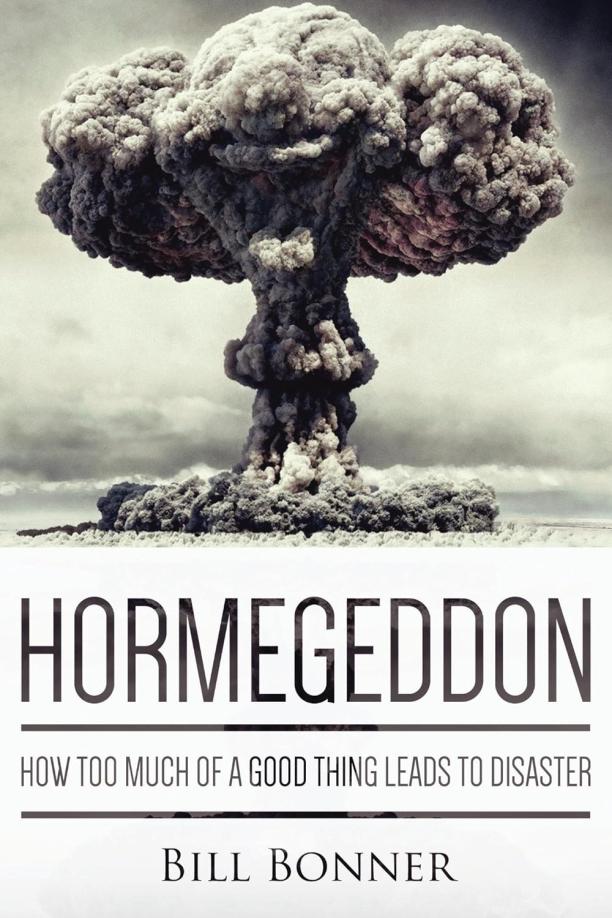
Hormegeddon
How Too Much Of A Good Thing Leads To Disaster
Bill Bonner
The book presents the idea that an excess of any good thing can lead to negative consequences, a phenomenon the author terms "Hormegeddon." It explores various historical and contemporary examples, from economics to ecology, to illustrate how overabundance can lead to systemic collapse or disaster.
See full summary
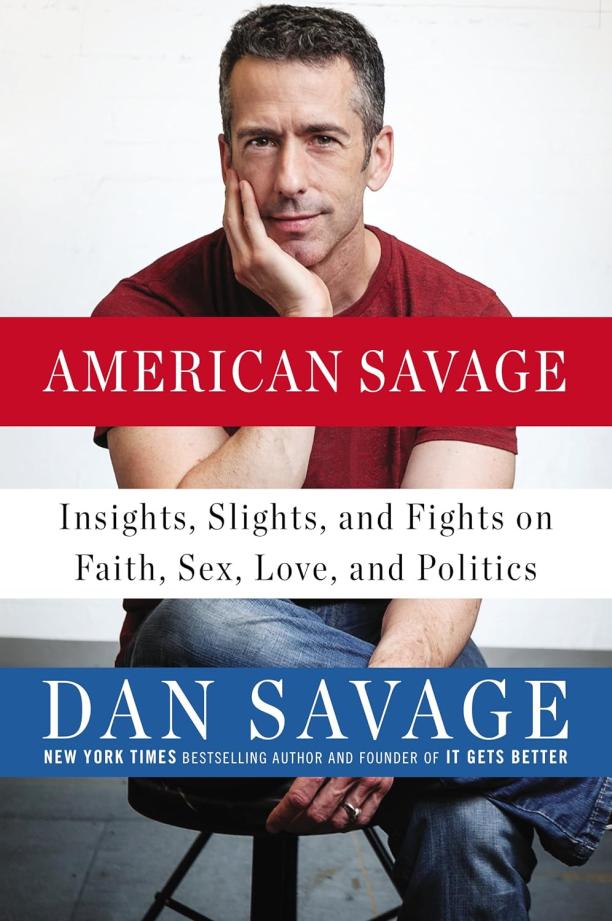
American Savage
Insights, Slights, and Fights on Faith, Sex, Love, and Politics
Dan Savage
The book is a collection of essays in which the author shares his candid thoughts and experiences on various social issues, including LGBT rights, sex education, and religion. He combines personal anecdotes with sharp commentary to challenge societal norms and advocate for a more inclusive and accepting society.
See full summary
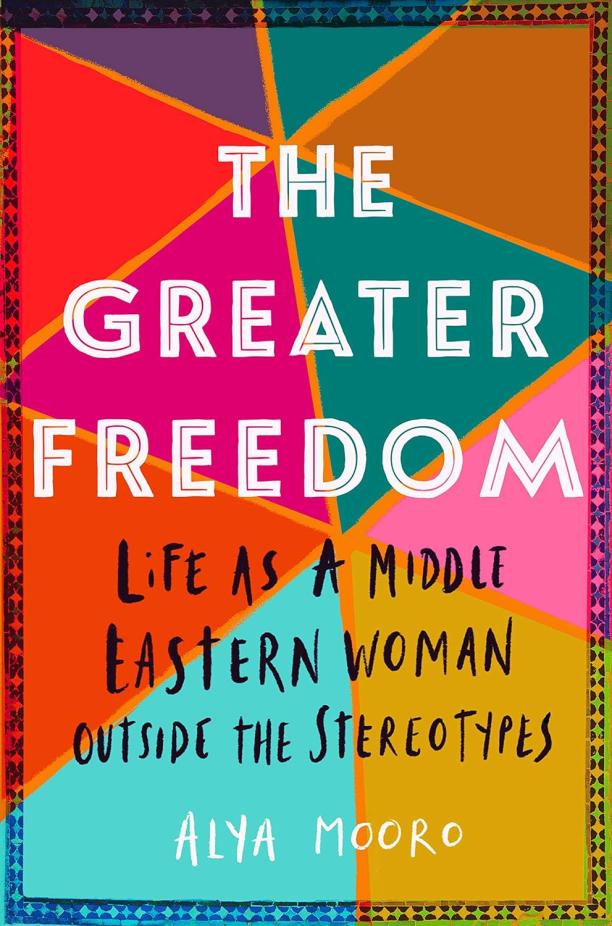
The Greater Freedom
Life as a Middle Eastern Woman Outside the Stereotypes
Alya Mooro
The book explores the intersection of culture, religion, and gender from the perspective of Middle Eastern women living in Western societies. It challenges stereotypes and delves into personal narratives, examining identity, feminism, and the complexities of balancing different cultural expectations.
See full summary
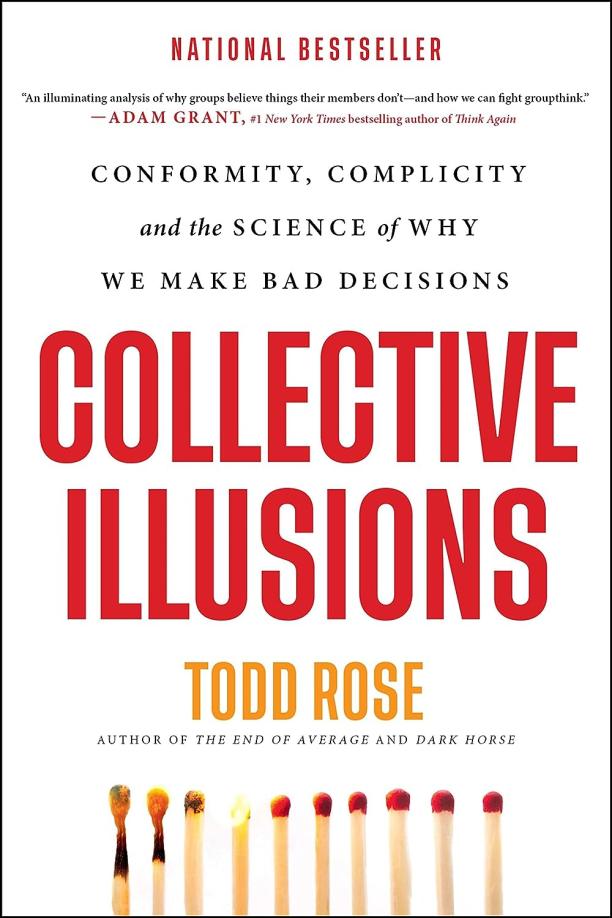
Collective Illusions
Conformity, Complicity, and the Science of Why We Make Bad Decisions
Todd Rose
The book explores the psychological and social mechanisms that lead individuals to conform to group norms and make decisions against their better judgment or personal beliefs. It delves into the science behind collective behavior, revealing how societal pressures can result in complicity and poor decision-making on a larger scale.
See full summary
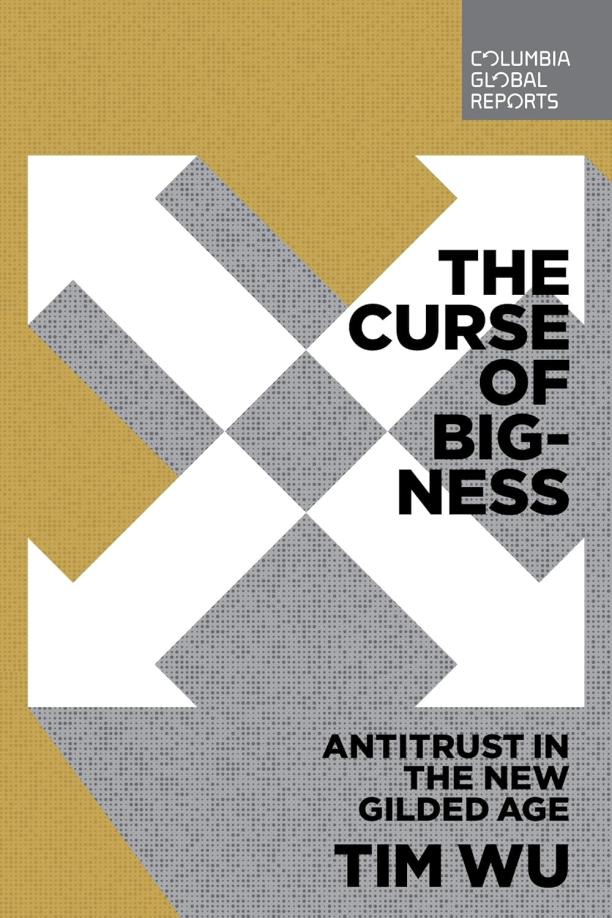
The Curse of Bigness
Antitrust in the New Gilded Age
Tim Wu
The book examines the history and current state of antitrust laws, arguing that the concentration of economic power in a few dominant corporations undermines democracy and economic stability. It advocates for a return to stronger antitrust enforcement to break up monopolies and promote competition and innovation.
See full summary
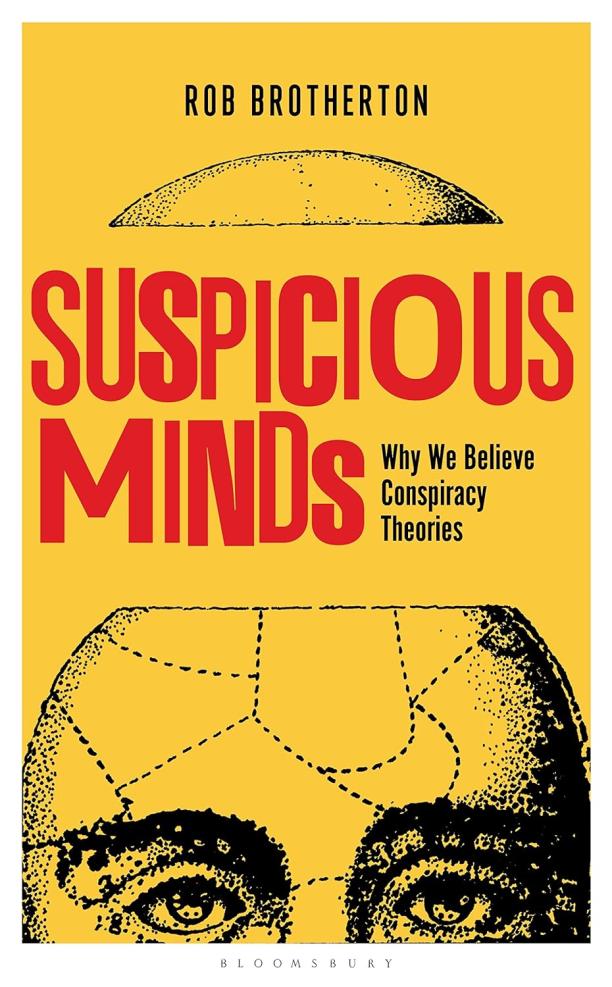
Suspicious Minds
Why We Believe Conspiracy Theories
Rob Brotherton
The book delves into the psychological mechanisms that predispose people to believe in conspiracy theories, exploring how certain biases and cognitive shortcuts can lead to the endorsement of alternative explanations for events. It also examines the historical and cultural contexts that contribute to the proliferation of these theories, offering insights into why they are so appealing and persistent in society.
See full summary
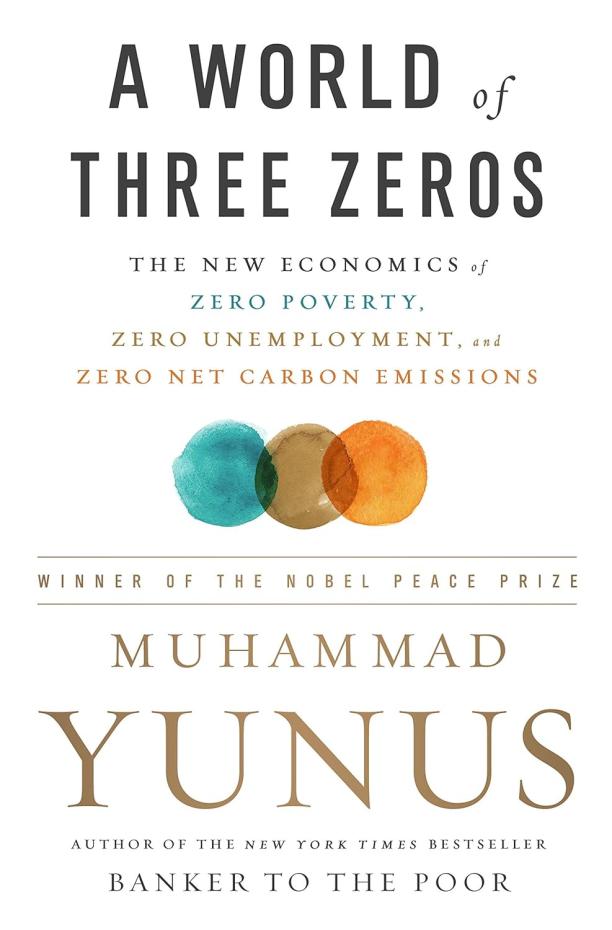
A World of Three Zeros
The New Economics of Zero Poverty, Zero Unemployment, and Zero Net Carbon Emissions
Muhammad Yunus
The book presents an argument for a new economic system that aims to eradicate poverty, unemployment, and carbon emissions through social business and entrepreneurship. It outlines how financial inclusion, sustainable energy, and a focus on human creativity can drive global change towards these ambitious goals.
See full summary
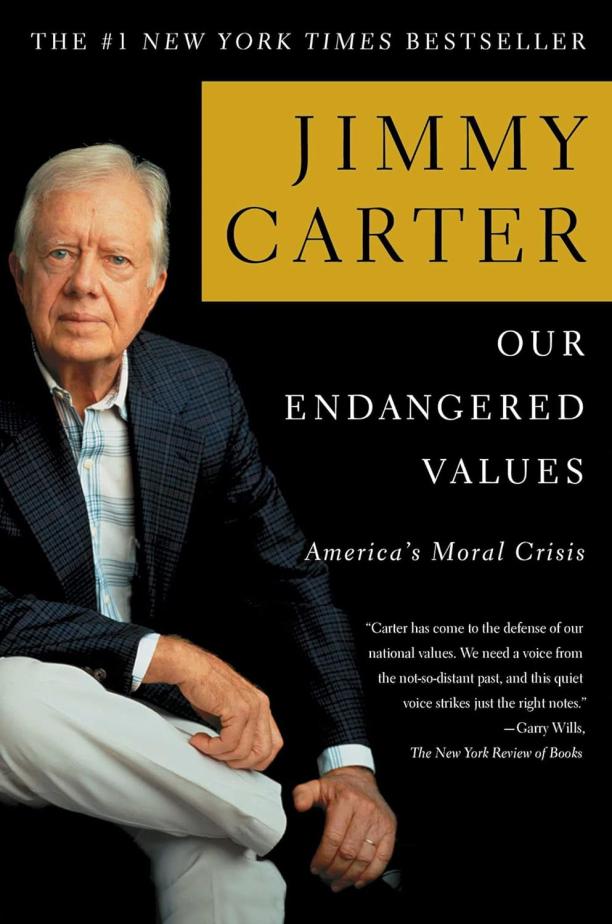
Our Endangered Values
America's Moral Crisis
Jimmy Carter
The book presents the former U.S. President's perspective on the erosion of core moral and ethical values in American politics and policies during the early 21st century. He critiques the blending of church and state, the justifications for war, the neglect of the environment, and the abandonment of principles of human rights and equality.
See full summary